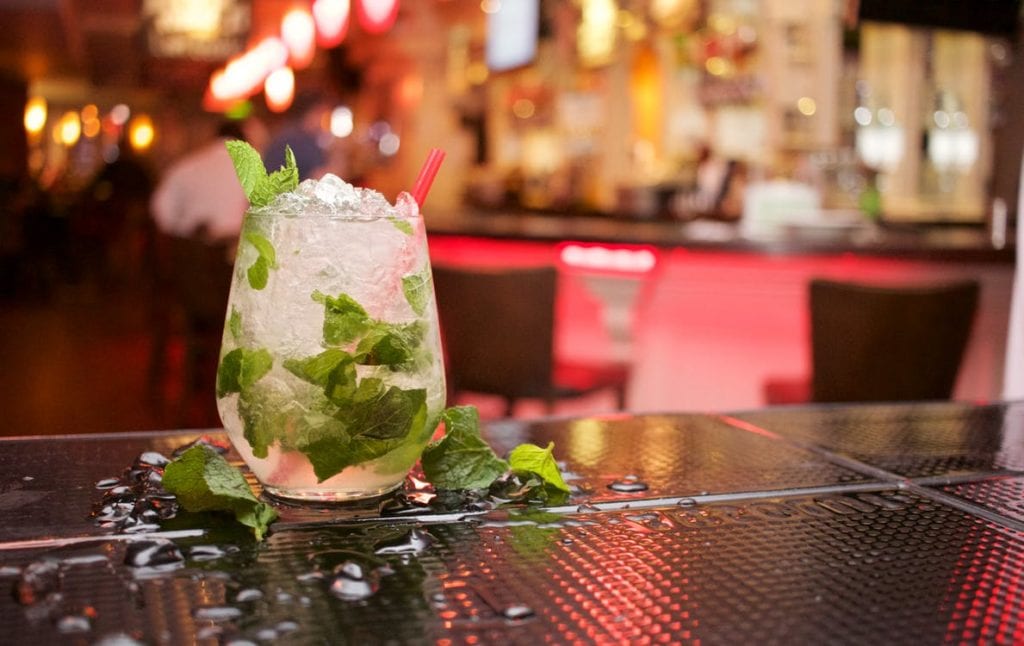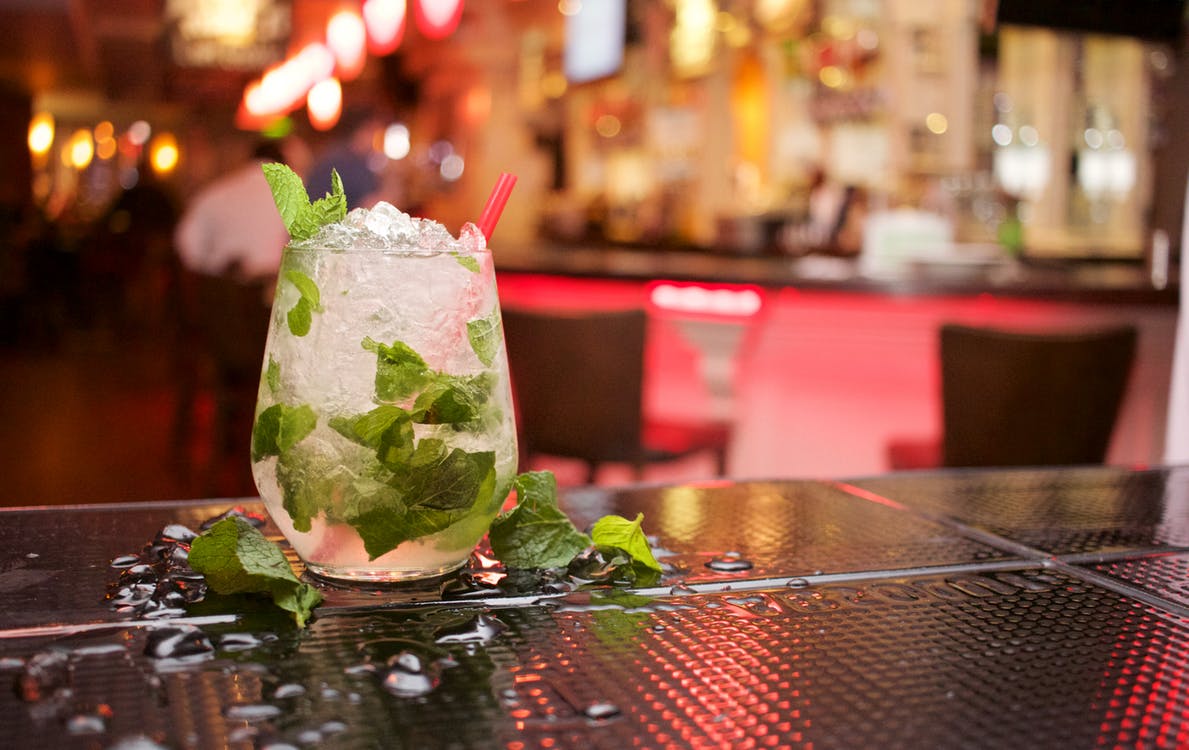
After spending most of my teenage years and a part of my adulthood struggling with alcohol abuse and addiction, my life took a 180 degree turn when I decided to get sober. Recovery wasn’t easy; in fact, it was one of the hardest things I have ever had to do, but it was worth it. I am 9 years sober today, and looking back, I realize how much my life has improved in ways I didn’t even imagine. I owe a lot to the rehab center I chose for my recovery. There they helped me understand how much my alcohol addiction affected my body, my spirit and those around me, and I started to heal in all of those areas.
One of the things I learned there, which I want to share with you today, is how alcohol can prevent you from losing weight and gaining muscle. At some point during my addiction, I decided to take matters into my own hands and try to combat my addiction with exercise. I wanted to lose a few pounds and become a fit, muscular guy. However, since I didn’t have any guidance whatsoever, exercise wasn’t enough to stop me from consuming. In fact, it had quite the opposite effect: seeing that no matter how much I worked out I wasn’t losing any weight, I got frustrated and that made me drink even more. I now know that there was no way I was going to achieve those goals while drinking the way I did, so if you’re trying to lose weight or gain muscle here are 5 ways in which alcohol might be affecting you:
1. Calories
Your body weight is a direct result of the calories you put into your body and the calories you burn. However, not all calories are the same. There are foods that are rich in calories but are difficult to absorb by your body, therefore, you take a very small amount of calories from them. With alcohol, it is a different story. Alcohol is calorie dense (1 gram of alcohol has twice the calories of a gram of a protein or carbohydrate), and all of those calories are easily absorbed by your body.
In addition to this, the calories you get from alcohol consumption don’t have any nutritional value, which is why calories from alcohol are often referred to as “empty calories”. Consuming alcohol on a daily basis doesn’t give you any nutrients, it gives you a surplus of calories which can lead to weight gain.
2. More Appetite
I remember how hungry I used to get when I got drunk. After a night of partying, I used to come home and eat a big bag of chips, or stop at a McDonald’s and buy a big cheeseburger. I was eating more than I should have and it was always unhealthy food. No wonder I kept gaining weight.
According to a study by researchers at Francis Crick London Institute in London, this is because alcohol activates brain cells that promote hunger, leading you to eat more and gain weight.
3. Dehydration = No Motivation
If you have ever been hungover, the last thing you probably felt like doing was lifting weights at the gym. This is because alcohol is a diuretic, which means it helps your body get rid of fluids. In short terms, alcohol dehydrates your body, which may cause symptoms like headaches and fatigue.
In addition to this, your body can take up to 48 hours to break down alcohol after a night of heavy drinking. This means your brain and muscles are getting less glucose, which can make you feel tired and easily fatigued when exercising.
4. Reduced Protein Synthesis
If, in addition to losing weight you are looking to build muscle, drinking alcohol can make it really hard for you to achieve this. According to research, muscle protein synthesis “is the driving force behind adaptive responses to exercise”. In other words, it is what promotes muscle growth. Alcohol consumption, being high in calories and disruptive of body processes, reduces muscle protein synthesis, given that this process only works when your body is properly hydrated, and, as you already know, alcohol does the exact opposite of hydrating your body. So it’s basically impossible for you to build any muscle while consuming alcohol, even if it’s not in excessive amounts.
5. Kreb’s Cycle Disruption
We already talked about the “empty calories” in alcohol and how they affect your weight loss plans. It shouldn’t come as a surprise that they interfere with your muscle building goals as well. The high-calorie content of alcohol can slow down your metabolism by disturbing your Kreb’s cycle. This causes your body to break down fats slower since your systems are trying to metabolize alcohol. And when you stop burning fats, gaining muscle becomes a whole lot more complicated.
Alcohol and exercise definitely don’t mix. Once I stopped drinking alcohol I had more energy and motivation to work out again. It felt so different compared to my days as an alcoholic: it was more fun and it made me feel great afterward. In fact, exercising was a big part of my recovery process, and during rehab, I could start noticing changes in my body and mind thanks to exercise. Ever since then working out has been a part of my daily life. I play basketball with my friends once a week and go to the gym at least two times a week. With a lot of discipline I have been able to get into the shape, I always wanted, and you can too!
Do you have any tips on how to lose weight and build muscle? If you have any questions or suggestions, please let us know in the comment section below.
